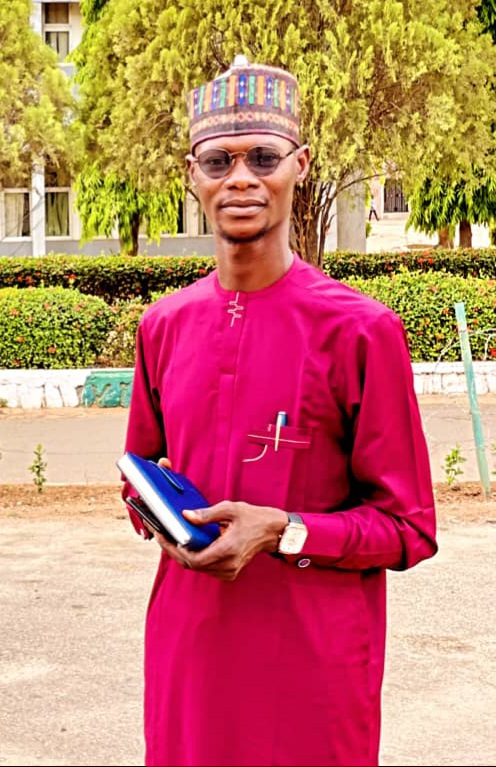Fuel Subsidy Removal: An accurate picture behind the scene, by Usman Yusuf Dole
… Who aches the most; the aristocracy or the masses?.
The fuel subsidy has been one of the bottlenecks in the economic prosperity of Nigeria. The subsidy removal was proposed by the immediate administration led by Gen. Muhammad Buhari. The Finance Minister during the Buhari-led administration said there are plans to provide N5000 to 30 to 40 million of the country’s poorest individuals.
Fuel subsidies are a form of government intervention to reduce the cost of fuel by providing direct financial support to oil companies, and as such, subsidising the product for consumers. Nigeria is one of Africa’s largest producers of crude oil, and it relies heavily on this resource for its economic growth.
President Bola Ahmed Tinubu GCFR and indeed other presidential candidates make their points clear on removing fuel subsidies when they emerged. It was a crazy part of the nation’s intervention where trillions of naira are sunk into a few individuals’ gains.
Normally, the majority of Nigerians will not support the option of removing subsidy because it will crucially affect their socioeconomic status, for everyone who lives in Nigeria has felt it today. As 1 litre of fuel skyrocketed to N500 and more before the full removal, this wasn’t at its peak implementation process but it started affecting us unprecedentedly.
A Nigerian economist, Dr Tunde Adeoye, opined that subsidy removal was a brilliant idea but it should be done in phases in order to reduce the severe impacts on Nigerians.
More so, many economists believe that government needs to make proper regulations on oil pump prices and enable the environment for the petroleum industries before removing the fuel subsidy. If today’s oil subsidy is been removed, poor Nigerians will face unbelievable consequences of fuel price hikes which impacted largely their daily routines.
Even with a proposed remedy made by the immediate administration of N5000 transport relief for the poorest 30 to 40 Nigerians, how sustainable would that it be and what would be done with the removed subsidies funds so that it can add value to common Nigerians who are not enjoying direct dividends from the government, but suffered the impacts of subsidy removal in all ramifications.
In general, fuel subsidy removal by a just and fair government would be a brilliant idea based on the huge trillion of naira that normally go to individuals’ disposal. But the fundamental questions and concerns behind the scene are, does Nigeria has a prudent and accountable system of governance today?
Here, even when the figurehead has pure intentions what about his lieutenants when it comes to the question of fairness and financial prudence on such grounds. Does the suffering of the poor masses faced as a result of subsidy removal actually worth it, will this removal be for good or it will be as Buhari’s border closure?
Usman Yusuf Dole writes from Damaturu. He is the president of NUYOSS at Ahmadu Bello University Zaria. He can be reached via email: comradedole1230@gmail.com
Follow the Neptune Prime channel on WhatsApp: https://whatsapp.com/channel/0029Va74ZvU2v1IqKByXoX3d
Do you have breaking news, interview request, opinion, suggestion, or want your event covered? Email us at neptuneprime2233@gmail.com


